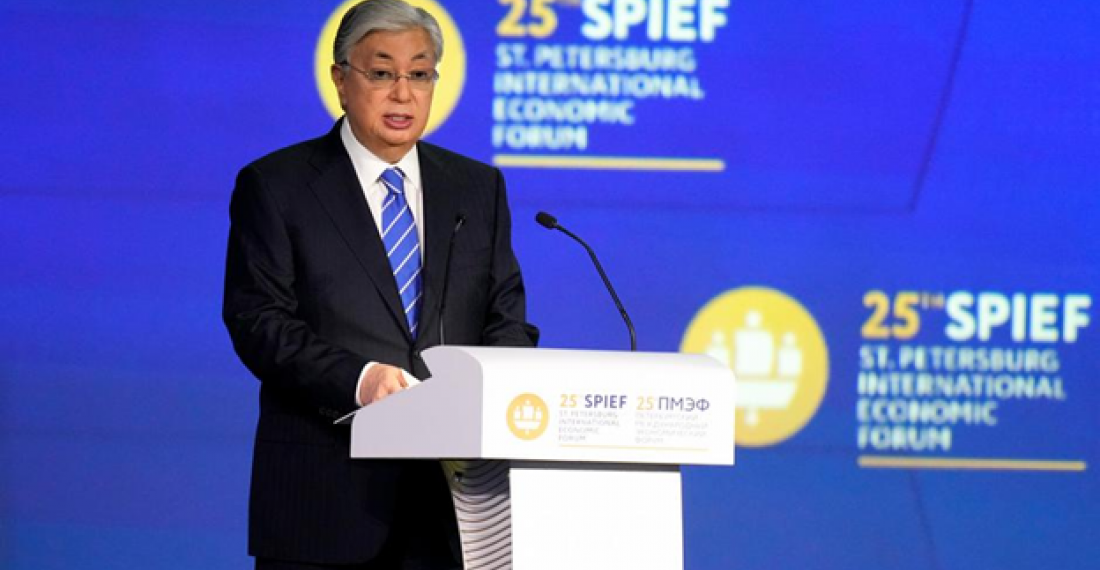On July 12, a Russian court in Southern Krasnodar upheld an appeal by the Caspian Pipeline Consortium (CPC) after a previous ruling made last week by a district court ordered the oil transporter to cease operations due to ecological concerns. The initial decision led Kazakhstan’s President Kassym-Jomart Tokayev to look toward new routes for Kazakh energy exports.
The CPC, whose largest shareholders include oil giants Chevron, ExxonMobil, and Shell, transports one percent of global oil supply. The pipeline has come under increasing political strain since the war in Ukraine began. In March there were reports that storms damaged loading terminals at its end-point in Novorossiysk. However, the veracity of those reports came under scrutiny by energy analysts. After Tokayev refused to recognise the breakaway republics of Donetsk and Luhansk at a conference with Russian President Vladimir Putin in June, the CPC was forced to stop supplies after the sudden appearance of unexploded anti-ship mines dating back to World War Two.
The rationale behind the initial ruling on July 5 was that the occurance of oil spills in the region that the court deemed to be breaches of environmental regulations by the CPC. However, this decision came the day after Tokayev had pledged to help the European Union by supplying much-needed energy, leading to allegations that the court ruling was politically motivated. Subsequently, Kremlin Spokesperson Dmitry Peskov denied accusations that Russia was exerting political pressure on Kazakhstan, saying “This is hardly likely to be politically motivated.” The ruling was set to cost the government and exporters over $500 million.
Tokayev asked the state-owned oil and gas company KazMunaiGaz (July 7) to explore other possibilities for exports that bypass Russia, instructing "KazMunaiGaz to work out the best option for implementing this.” He added that the company should work with its international partners such as Chevron and ExxonMobil.
The latest judgement imposes a fine of 200,000 rubles ($3,250) but will allow the CPC pipeline to continue operations. While the decision will suit Kazakhstan’s energy sector in the short-term, the persistent instability since Russia’s invasion of Ukraine is likely to result in Kazakhstan seeking to free itself from Russian dependence for the export of its energy resources in the medium to long term. For the Kremlin, Nur-Sultan’s willingness to engage with Western countries is a cause for concern and could signal the weakening of Russian hegemony in Central Asia. Kazakh oil may be flowing again from Novorossiysk but the damage to Russian-Kazakh relations has been done.
Sources: CommonSpace.eu with Eurasianet (New York), Financial Times (London), and other media agencies
Picture: Kassym-Jomart Tokayev speaking at the St.Petersburg Economic Forum in June (AP)






